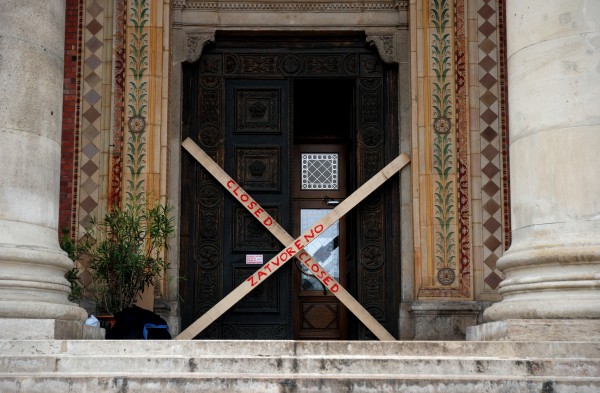The government dismisses criticism of its policies as liberal lies, but attacks on the media, threats to the independence of the central bank and racism suggest otherwise
Among the foreign dignitaries attending Margaret Thatcher’s funeral on Wednesday will be a man who many feel shouldn’t be representing his country. But it will be a handy getaway for Hungarian prime minister Viktor Orbán, an excuse for him to break off from trying to defend his country’s new constitution from its EU critics, who include commission president José Manuel Barroso.
The bad press Hungary has been getting of late is the result of left-liberal lies. At least, that is what the current government claims. In fact, it argues, Hungary is a perfectly normal country going about its business. Criticising the ruling party, the centre-right Fidesz, we are told, is an attack on Hungarians generally. Fidesz is, in effect, Hungary.
Of course these “lies” have been around only since Fidesz came to power in 2010. The party’s landslide victory handed the new prime minister, Orbán, an opportunity to change the constitution. So what’s the problem?
The EU identified three main ones: the new media law, the earlier obligatory retirement age for judges and the independence of the central bank. It exerted pressure on Hungary and little by little these points were addressed – but the most recent amendments weakening the constitutional court have taken everything back to square one. The minister for economic affairs is now the head of the central bank.



 MMA countdown – Free Artists welcomes the resigned MMA-members!
MMA countdown – Free Artists welcomes the resigned MMA-members! TRANSZPARENCIÁT!
TRANSZPARENCIÁT!